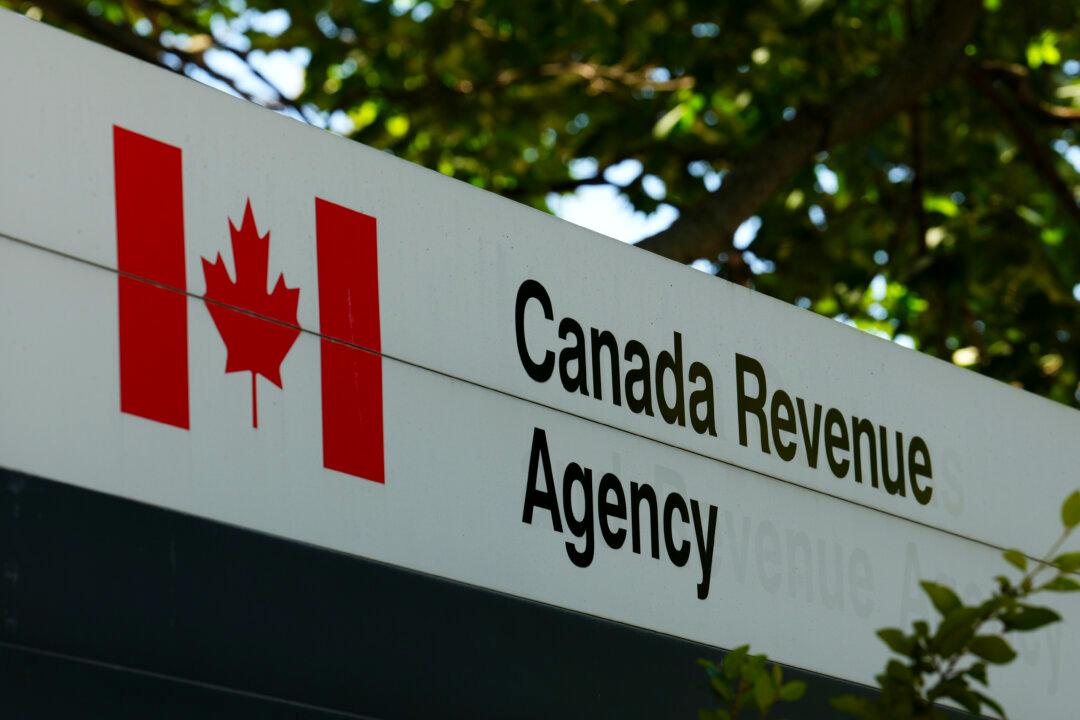Ottawa’s proposed increase to the capital gains tax would place Canada among the countries with the highest rates in the industrialized world, a new study suggests.
If the increase is implemented, Canada would have the highest capital gains tax rate among the 37 high-income developed countries in the Organisation for Economic Co-operation and Development (OECD), undermining its competitive edge, according to a newly released Fraser Institute report.





